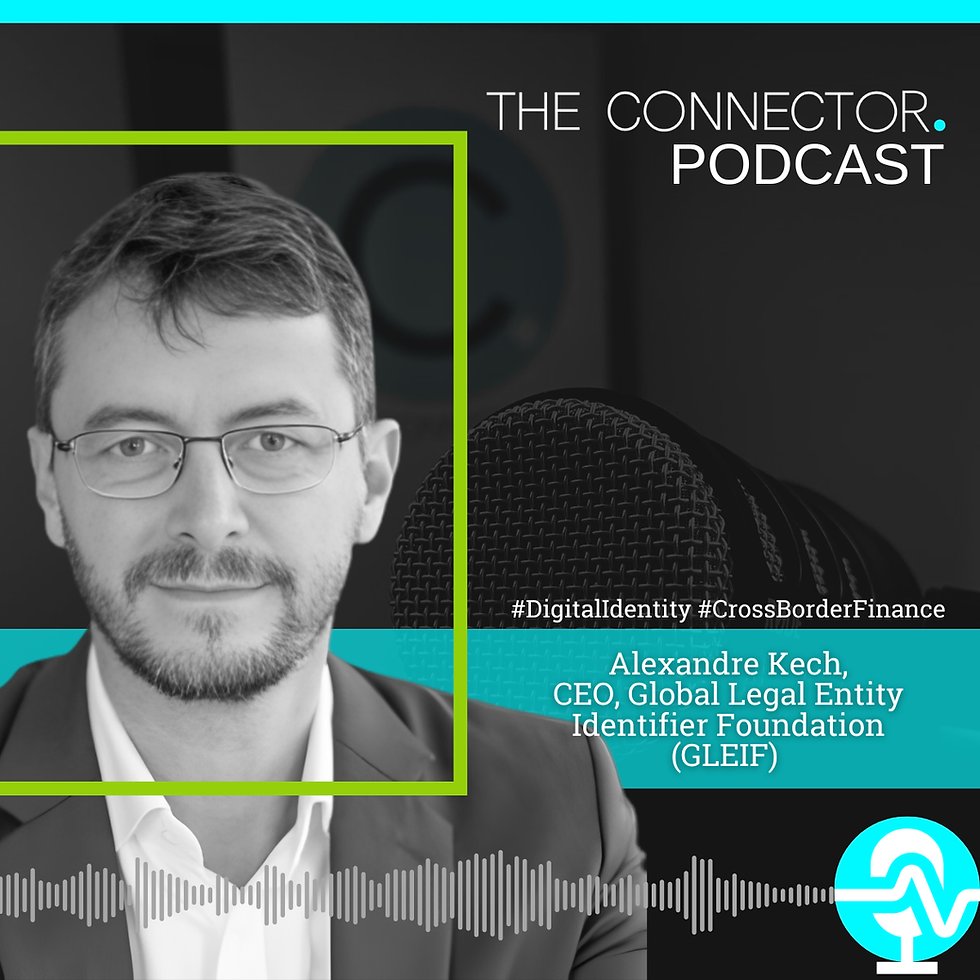The Connector. podcast - Omniwave Fintech
- rozemarijndeneve
- Jul 23, 2025
- 2 min read

In a recent episode of the Connector. Podcast, we spoke with Adam Rubin, founder and CEO of OmniWave Fintech. The company focuses on creating financial tools for institutional investors, with an unusual lens: analyzing market data through sound, frequency, and vibration.
At its core, OmniWave is working on a problem that’s long existed in financial markets: how to deliver consistent returns in an unpredictable environment. Rather than taking the common route of high frequency or algorithmic trading, OmniWave is focused on the foreign exchange (Forex) market, which Adam calls “the most liquid” in the world. What sets them apart, he says, is the way they extract patterns from market noise and turn them into signals that can inform decision making.
One of the more practical aspects of the company’s work is in how it reports performance. In an industry often criticized for opacity, OmniWave has developed a system that allows professional investors and wealth managers to see positions in real time, download reports, and maintain control of their assets throughout the process. Adam sees this kind of visibility as essential, not just a feature but a requirement for institutional investors today.
During the conversation, Adam also shared how OmniWave has started working with NGOs and nonprofit organizations. He noted that many of these groups struggle financially, often relying on grants or donations without having tools to generate their own income. By adapting their platform, OmniWave is helping some of these organizations build more sustainable financial strategies.
The conversation also touched on some unexpected sectors that are exploring this kind of financial infrastructure, from Formula One teams to yacht manufacturers. These are capital intensive industries that can benefit from creating their own internal financial engines to support long term planning and reduce reliance on outside funding.
Looking ahead, Adam expects volatility in global markets to continue, driven by political shifts, economic changes, and environmental events. He believes this will increase the need for adaptive, tech driven investment tools, especially as computing power continues to improve and younger generations gain access to more advanced platforms. It’s not just professional investors who will need better tools, it's anyone trying to navigate a more complex financial world.
Listen to the full episode here.



